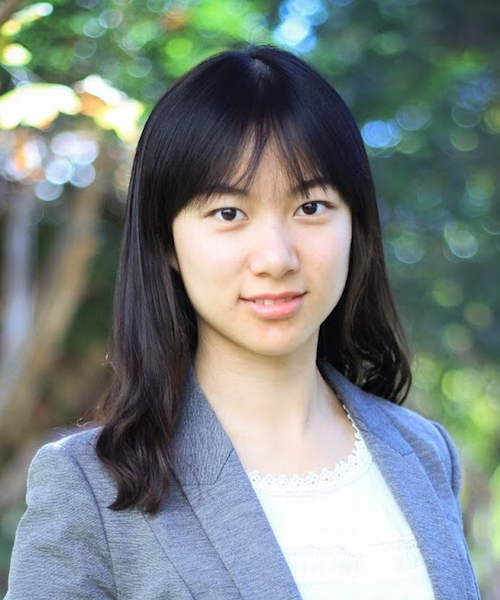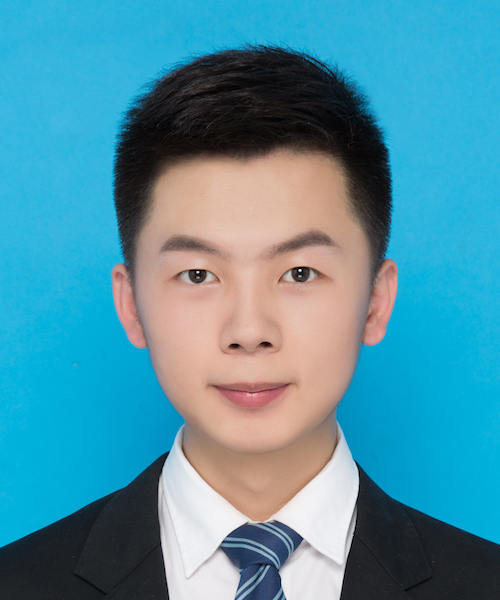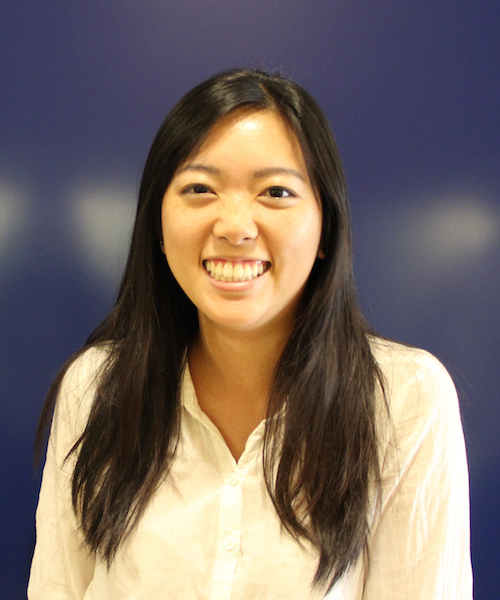
Paint this beautiful blueprint of the future together, shall we?
Ruolin Zhao | 2018年7月31日
注:中英文网站上发表的学生日志均为英文
It has been an unbelievable ride, not at all expected -- a year long of learning, building friendships and unforgettable experiences. To better understand the reasons that drive the divisions between the United States and China I applied to become a student fellow at the Georgetown Initiative for U.S.-China Dialogue. I had studied abroad in China prior to the program, and wanted to continue exploring the deeply interwoven and interconnected relationship between the two countries. However, I left the program not only with a deeper understanding of the complicated diplomatic relationship of the two countries, but also with life long friendships, memories and connections. The journey started in September 2017 on the Georgetown campus where all of the fellows met -- five from the United States and five from China. After meeting each other we quickly became friends and have been in constant communication since then on WeChat and other social media. This powerful community of diverse and intelligent people displays many deeply analytical and divergent approaches to the major current events challenging our two nations and the world.
From September 2017 through October 2017 we had our first conference in Washington, D.C. We talked to American government officials and experts in the U.S.-China relationship that at the time were speculating on what Donald Trump will do with China as he threatened to revisit accepted diplomatic protocols of the past. We specifically talked about the issue of North Korea, and how maintaining our engagement with China was imperative to solving the increasingly tense issue. We learned from policy makers and debated amongst ourselves, and as we went through a series of simulations provided to us by Professor Dennis Wilder we realized that the North Korea issue was delicate as China and the United States have fundamentally different approaches on how we should go about denuclearizing North Korea.
After bonding over an intense “life or death” situation in a simulated Escape Room and witnessing the sad defeat of the Georgetown baseball team while in Washington, the day we said goodbye was bittersweet. We immediately started looking forward to our reunion in China, but in the meantime We Chat would just have to suffice. Months went by and we discussed the multiple blog topics that were assigned to us during that period. The assignments helped us connect, but it was the topics that came out of them that really united us and allow us to see beyond the countries we represented. It allowed us to bond and share very intimate experiences, values and opinions. The certainty that there is an increase in “people to people” engagement among both sides of the Pacific provides some hope as international uncertainty increases and the United States starts to see China as a competitor rather than an ally.
The day of our reunion finally came in May 2018. We were so excited to congratulate in person some of the seniors that graduated, and to talk in further detail about the current news affecting the U.S.-China relationship. We saw each other and immediately hugged, went to dinner as a group and engaged in deep conversations about what was going on between the two countries and how it was shaping the world. “The world is watching the U.S. and Chinese relationship very closely” said a Japanese minister in the Japanese Embassy. I wrote this quote down in my notes without realizing that it shines light on an issue that was later brought up as my colleagues and I discussed the world order. China’s idea of a world order makes the United States nervous as it prioritizes the U.S. and Chinese relationship and does not seem to include U.S. allies. This does not match the U.S. idea of a responsible stakeholder and the boundaries of sovereignty over the international community.
Toward the end of our China trip the discussions became very heated as we discussed U.S. and Chinese values. The American students wrote what they believed were the most important U.S. values and the Chinese students were ask to do the same about Chinese values. The U.S. students first wrote the inalienable rights, “Life, liberty and the pursuit of Happiness,” followed by the right of property, individualism, equality, and freedom of speech. The Chinese students wrote on harmony, stability, familial ties, collectivism, roots (history) and pragmatism. As a first generation American this got me thinking, and I concluded that the differences between China and the United States is not skin deep, but is also not insurmountable. Professor Wilder said, “to whom much is given, much is expected,” therefore, as I move forward I know much is expected of me. Days ahead are uncertain, but moving forward we must be optimistic and play our part in ensuring that we do not fall into misunderstanding and recrimination. As leaders of our young generation, much has been placed on our shoulders but we will not shirk our obligations to make this world better than we have found it.
Yamillet Payano ('18) is a senior at American University majoring in economics and mathematics with a minor in Chinese.

Ruolin Zhao | 2018年7月31日

Ulysses McGuinness | 2018年7月31日

Haile Chen | 2018年7月26日

Michael Mullaney | 2018年7月25日

Cynthia Wang | 2018年7月24日

Jessie Dalman | 2018年7月20日

Chenyu Wu | 2018年7月18日

Yunxin Wang | 2018年7月18日

Hongjin Xu | 2018年7月16日